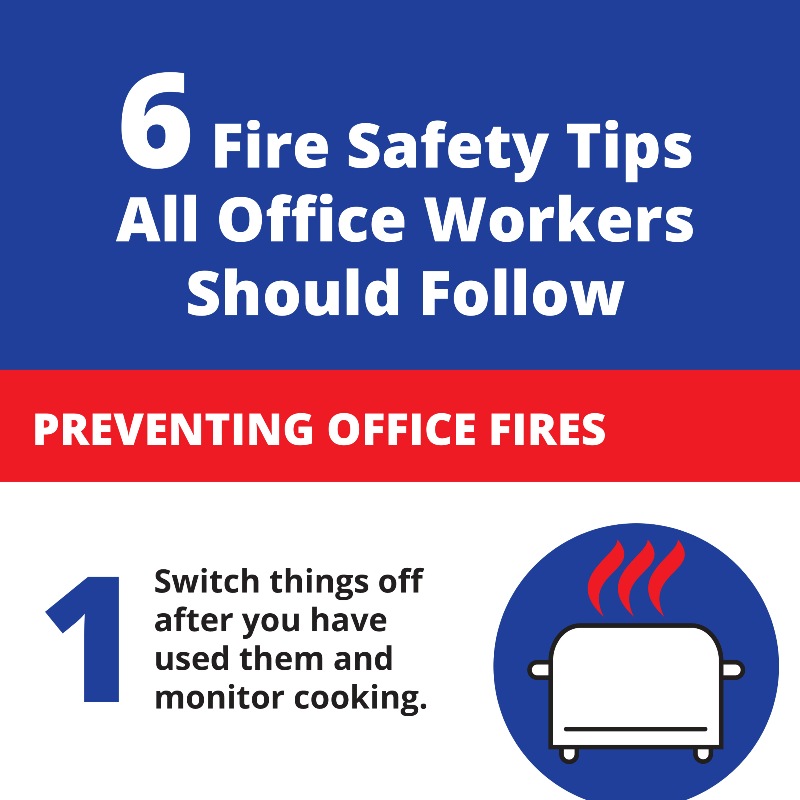Mastering Fire Safety Compliance: Training Explained
Mastering Fire Safety Compliance: Training Explained
Blog Article
Fire safety is a critical concern for any business operating in the United States.
We’ll explain why training matters, how to prepare for inspections, and what best practices help businesses stay compliant year after year.
Read on to discover how to navigate certification renewals with confidence.
The Importance of Workplace Fire Safety
Electrical malfunctions, kitchen mishaps, overloaded circuits, or improper storage can all ignite dangerous workplace fires.
Investing in proper fire safety measures is not just about meeting legal codes; it’s about creating a culture of care and preparedness.
That’s why understanding the full scope of fire safety—training, equipment, documentation, and inspections—is essential for every organization.
What Is Fire Warden Training in the US?
Fire wardens act as safety leaders, guiding colleagues to exits, checking on vulnerable individuals, and ensuring no one is left behind.
Training requirements vary depending on local regulations, building size, and occupancy type.
Well-trained fire wardens not only enhance safety but also help organizations pass compliance inspections, reducing legal and insurance risks.
How to Prepare for Fire Safety Certification and Renewals
Certification often includes on-site inspections and review of safety documentation.
Review your emergency action plan, ensuring it’s accessible and clearly communicated to all staff members.
Proactive preparation not only simplifies renewals but also ensures continuous protection for your workplace.

How to Keep Your Office Fire-Safe Every Day
This includes routine equipment checks, clear communication, and fostering a culture where all employees understand their role in fire prevention.
Regular maintenance is critical: schedule monthly checks on fire alarms, smoke detectors, sprinkler systems, and extinguishers.
When fire safety becomes part of the daily routine, employees are more confident, better prepared, and less likely to panic during a real event.
Why Compliance Matters for Liability and Coverage
Failing to meet fire safety standards can have severe legal and financial consequences for US businesses.
In the event of a fire, inadequate documentation or proven negligence may result in denied claims, leaving businesses to cover damages out of pocket.
Investing in compliance is not just about avoiding penalties—it’s about protecting your assets, your team, and your future.

Conclusion: Building a Fire-Safe Workplace
US companies that take fire safety seriously strengthen their resilience, enhance employee confidence, and minimize operational risks.
They not only meet legal obligations but also build trust with employees, clients, and insurers.
Keep your team informed, your equipment updated, and your plans reviewed regularly.
Common Questions on Workplace Fire Prevention
Do all staff need fire safety training?
Larger offices may require multiple wardens to cover all floors or departments.
When do I need to update fire safety inspections?
Regular internal reviews help ensure continuous compliance and smooth renewal processes.
What should companies watch out for to prevent fires?
Good housekeeping and equipment maintenance are key to fire prevention.
Can non-compliance void my business insurance?
Failing to meet these standards may reduce payout or lead to denied claims in case of a fire.
How do I write an effective workplace fire plan?
A good fire safety plan includes evacuation routes, assembly points, alarm procedures, roles for fire wardens, communication protocols, and equipment locations.
curso de brigada de incêndio veja mais Report this page